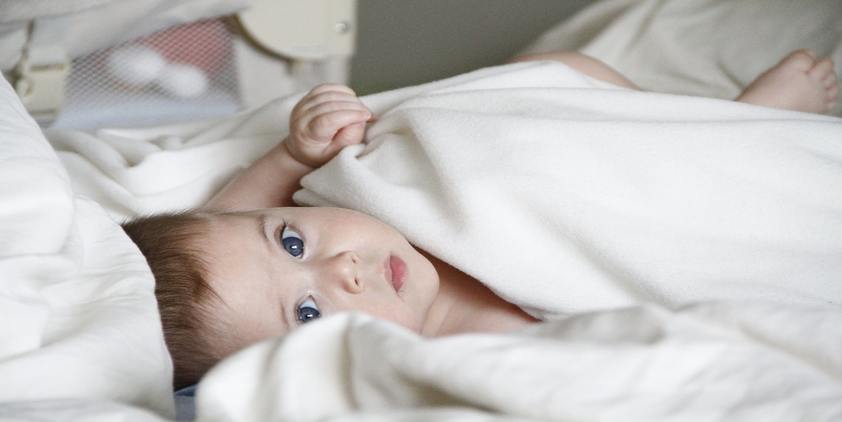

January 14, 2018 | Categories: Pregnancy & Parenting
As you stare into your newborn baby’s eyes, you might want to note how well they’re able to focus on your face, since it could provide insight into how they’ll behave when they’re older.
In one study, researchers found that the less time a newborn baby looked at an image held in front of them, the more likely they were to be impulsive and hyperactive later in childhood.
As part of the research, published in the journal Scientific Reports, scientists watched 80 1- to 4-day-old newborns and tracked the length of time they were able to focus their gaze. Then they followed up with a questionnaire for the parents when the children were between the ages of 3 and 10.
“We were…struck that differences between newborns in their visual attention predicted how the children would behave when they were older,” said study author Angelica Ronald, an associate professor at Birkbeck College, University of London.
“For anyone interested in the role of nature and nurture, it shows that children’s ability to attend to things visually is not all due to parenting or environmental effects after birth,” Ronald told Live Science. It could be due to genetics or the baby’s environment in the womb, the researchers hypothesized.
However, one type of attention span is not necessarily better than the other, the researchers went on to emphasize, since a shorter attention span could help someone in an intense activity like sports, while a longer attention span might help someone at math calculations.
Concerned about your baby? Don’t sweat it too much, but if as a toddler you believe she has behavior issues or attention difficulties indicative of ADHD, speak to your pediatrician who might give you a referral for a behavioral analysis. But if your child seems to have the attention span of well, a toddler, don’t fret … you’re doing great, Mom!
This article originally appeared on FitPregnancy.
Leave a Reply